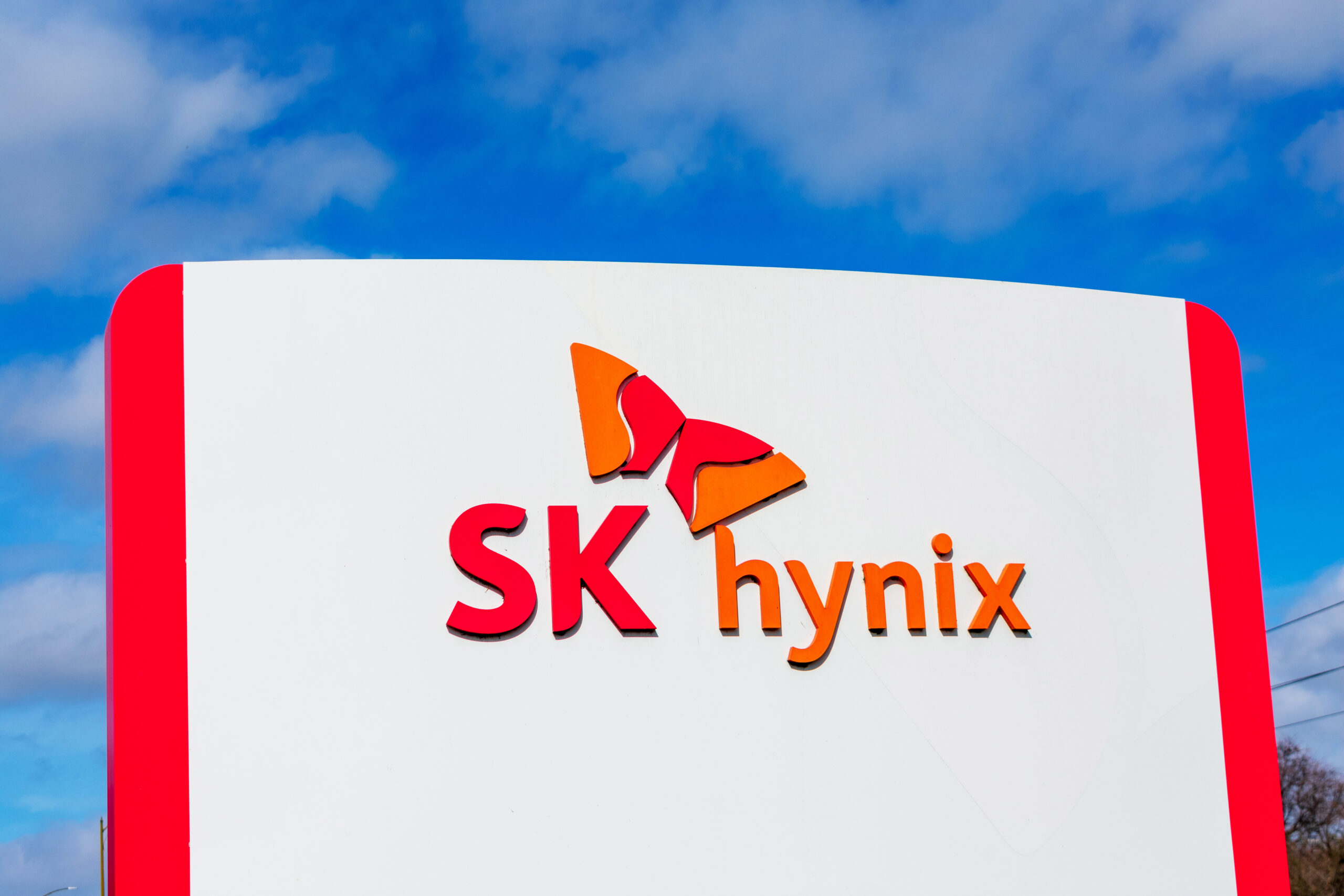EU’s MiCA Crypto Law Can Position Europe As A Digital Asset Hub

On May 31, the European Union (EU) announced the signing into law of the market in crypto asset (MiCA) regulations to herald new guidelines for the cryptocurrency industry. Following its first draft in 2020, the MiCA law is the EU’s pioneer regulatory framework designed to oversee the issuance and supply of virtual assets within Europe.
Awaiting MiCA’s Implementation
Two months ago, the MiCA regulations successfully sailed through the European Parliament, with the industry heaving a sign of satisfaction. Even though the bill comes with great expectations, it awaits approval from the European Council.
Last month was a historic moment regarding the approval of the regulation. The European Parliament President Roberta Metsola and Swedish Rural Affairs Minister Peter Kullgren etched their signatures on the MiCA article, signifying the acceptance of the EU’s nation on the new regulation.
Coincidentally, Sweden currently holds the presidency position of the Council of the European Union. Furthermore, the MiCA bill was recently published in the Official Journal of the European Union (OJEU), proving that its approval and implementation won’t be an issue.
Accordingly, digital asset services providers have specific deadlines to follow and meet MiCA’s requirements. Also, stablecoin rules will be fully enforced beginning June 30, 2024.
Then, the rules for crypto exchanges will come into effect by December 30, 2024. According to MiCA, a crypto asset is a digital form representing value or rights that can be electronically transferred and stored using distributed ledger technology.
The guidelines also provide direction on classifying “cryptocurrencies” and identifying the distinguishing characteristics of specific digital assets known as “tokens.” Moreover, several standards exist within the MiCA framework to regulate and govern Crypto Asset Service Providers (CASPs) and digital asset issuers.
The new law stipulates that issuers of crypto assets must dutifully adhere to standards of disclosure and openness, ensuring that comprehensive and transparent information regarding the tokens they issue is readily available. CASPs, on the other hand, would be responsible for implementing robust security measures and complying with strict Anti-Money Laundering regulations.
Also, they are responsible for safeguarding the integrity of the crypto asset ecosystem. In the MiCA text, CASPs are separate legal platforms required to obtain operational licenses from any of Europe’s 27 member nations before starting their operations.
Additionally, service providers are required to put measures in place to prevent market manipulation and abuse. They will be under the purview of regulators like the European Central Bank (ECB).
Regarding stablecoins, service providers must provide a white paper detailing the product and the stakeholders involved. In addition, the white paper is also expected to contain information about the token, including the public offer, its blockchain verification mechanisms, and potential risks to investors.
EU In The Driving Seat With MiCA
After almost a 2-year wait, the MiCA rule has finally come to light, with the bloc recognizing it as the regulatory framework for digital assets in the region. Even though MiCA is imperfect, it provides crypto firms with well-defined guidelines and a pathway to enter and navigate the market more confidently than ever before.
Compared to the US, with no clear regulatory framework and an even more aggressive enforcement approach from the Securities and Exchange Commission (SEC), Europe is leading the race to become the next crypto hub. After the MiCA bill was unveiled, Binance founder and CEO Changpeng Zhao opined that there would be exciting opportunities for regulated crypto exchanges in Europe to explore.
In a recent conversation, Alex Shevchenko, the CEO of Aurora Labs, a top layer-2 platform, aired his opinion on the potential impact of MiCA. Shevchenko believes that adopting MiCA could strongly influence policymakers and regulators in the United States to make a similar move.
He added that this would enable them to balance safeguarding consumer interests and accelerating market growth.
Tokenhell produces content exposure for over 5,000 crypto companies and you can be one of them too! Contact at info@tokenhell.com if you have any questions. Cryptocurrencies are highly volatile, conduct your own research before making any investment decisions. Some of the posts on this website are guest posts or paid posts that are not written by Tokenhell authors (namely Crypto Cable , Sponsored Articles and Press Release content) and the views expressed in these types of posts do not reflect the views of this website. Tokenhell is not responsible for the content, accuracy, quality, advertising, products or any other content or banners (ad space) posted on the site. Read full terms and conditions / disclaimer.




